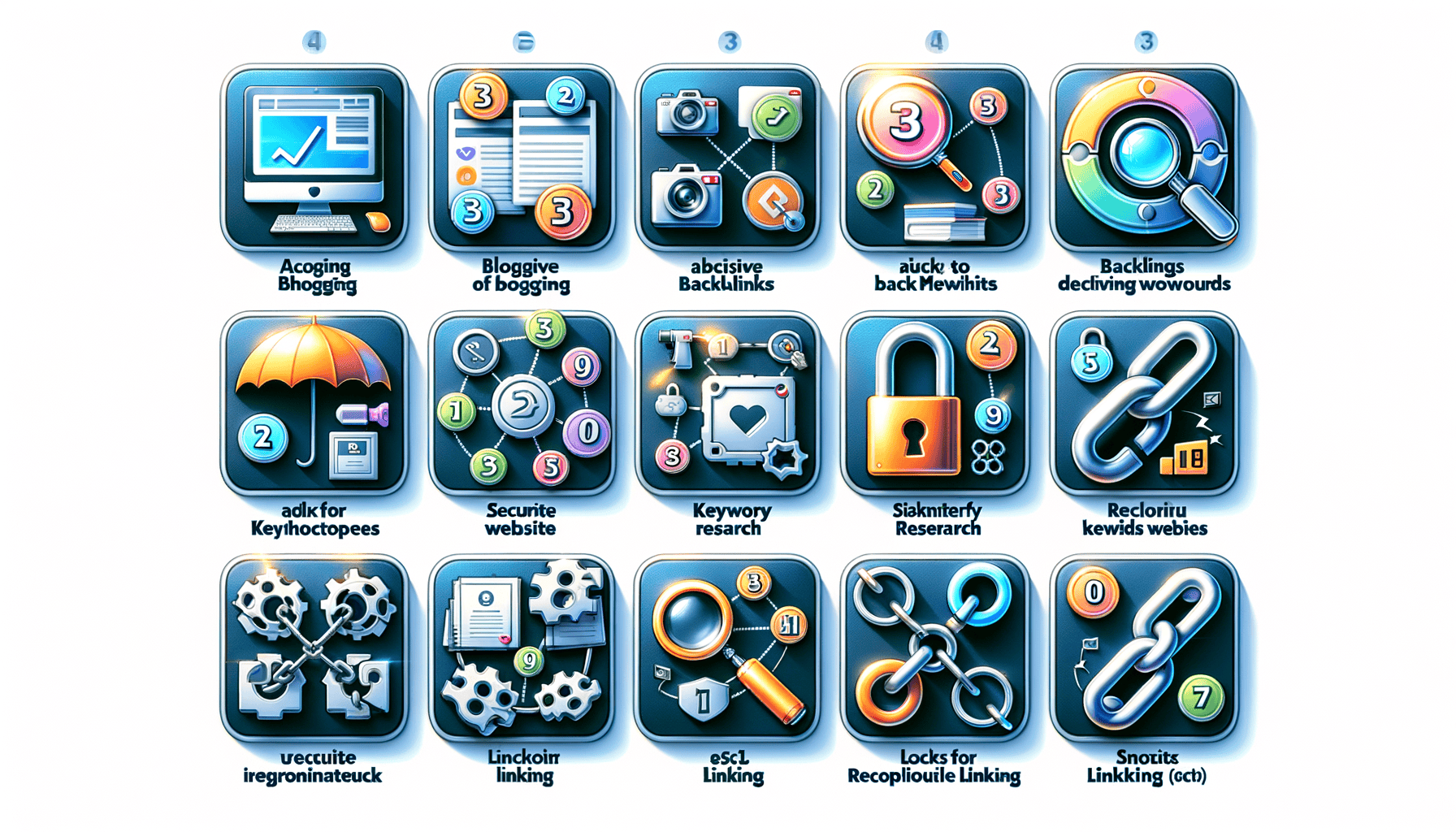Understanding Backlinks: The Backbone of SEO
Backlinks, often overshadowed by keywords and on-page SEO techniques, are a crucial element in the realm of digital marketing and search engine optimization (SEO). Simply put, a backlink is a hyperlink that points from one website to another. They serve as votes of confidence for content credibility, showing search engines that the linked-to site is a trustworthy and authoritative source.
The Importance of Backlinks
-
SEO Ranking Factors: Backlinks are one of the top ranking factors for search engines like Google. When a website links to yours, it signals to search engines that your content is valuable and relevant, thereby improving your chances of ranking higher in search results.
-
Driving Traffic: Quality backlinks can drive significant referral traffic to your website. If a reputable website links to your content, visitors from that site may click through to yours, increasing your overall traffic.
-
Building Authority: Acquiring backlinks from high-authority websites can enhance your website’s domain authority. This perceived authority by search engines can improve your overall ranking potential.
-
Content Discovery: Search engines use backlinks as pathways to discover new content. When a new page is linked to from an existing page, search engines are more likely to find and index that new page faster.
Types of Backlinks
-
Natural Backlinks: These are links that other websites give to your content without you having to ask for them. Typically, this happens when a piece of content is so valuable or unique that others want to reference it.
-
Manual Backlinks: As the name suggests, these are earned through deliberate efforts by website owners. This could be achieved through outreach, guest blogging, or participating in online forums.
-
Self-Created Backlinks: These are links that webmasters create by adding their own links to directories, forums, or blogs. However, search engines may not view these as valuable, especially if they are not contextually relevant.
Evaluating Backlink Quality
Not all backlinks are created equal. The quality of a backlink is determined by several factors:
-
Domain Authority: Websites with higher domain authority pass on more “link juice,” which can significantly impact SEO. Tools like Moz or Ahrefs can evaluate a website’s authority.
-
Relevance: A backlink from a site within your niche is generally more valuable than a link from a completely unrelated site. Relevancy ensures that the traffic coming from that link is more targeted.
-
Positioning: The placement of a backlink matters. Links within the main content of a page, rather than in footers or comments, are often valued more highly.
-
Anchor Text: The clickable text of a backlink (anchor text) plays a role in SEO. Descriptive anchor text can enhance the relevance of the link, helping search engines better understand the page being linked to.
Best Practices for Building Backlinks
-
Create High-Quality Content: The most effective way to earn backlinks is to produce valuable, informative, and unique content that naturally attracts links.
-
Outreach: Engage with bloggers and webmasters within your industry to share your content. A personalized email can increase the likelihood of obtaining a backlink.
-
Guest Blogging: Writing guest posts for reputable blogs in your niche can be an effective way to build backlinks while also increasing your exposure.
-
Utilize Social Media: Sharing your content across social platforms can increase visibility and the likelihood that others will link back to your site.
-
Monitor Your Backlinks: Regularly checking your backlink profile can help you identify which links are beneficial and which may need to be disavowed, particularly if they come from spammy sites.
In a competitive digital landscape, understanding and leveraging backlinks can provide a significant advantage. By focusing on building quality backlinks, businesses can enhance their online presence, drive more traffic, and establish themselves as authorities in their respective fields.









